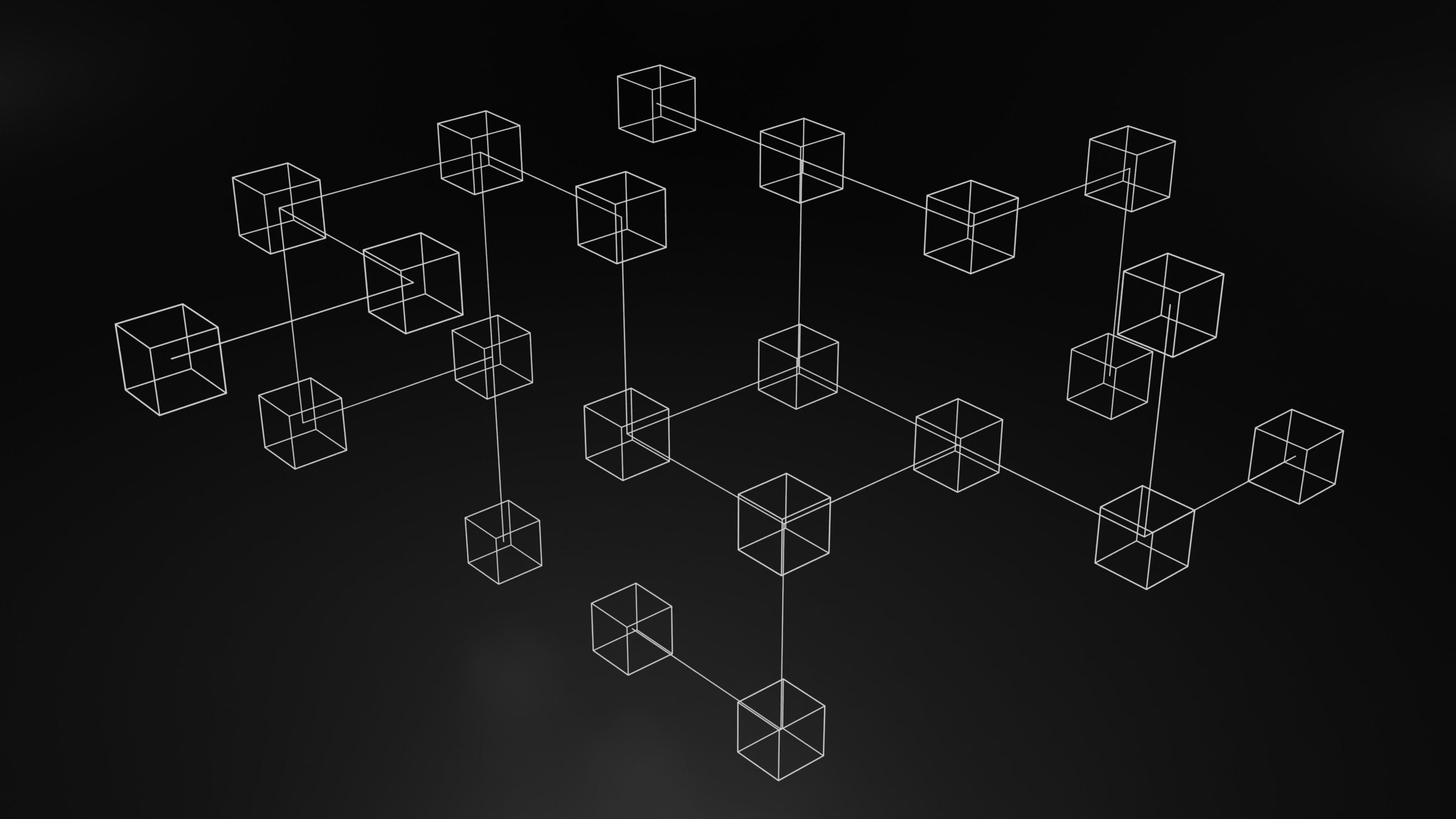28.Dec.2022
What are Decentralized Autonomous Organizations (DAOs) and How Do They Work

What are Decentralized Autonomous Organizations (DAOs) and How Do They Work?
Decentralized autonomous organizations (DAOs) are a type of decentralized organization that is run and managed entirely by code. DAOs are designed to be transparent, democratic, and self-sustaining, and they rely on blockchain technology to facilitate decision-making and distribution of resources.
DAOs are essentially decentralized networks that are run by smart contracts, which are self-executing contracts with the terms of the agreement written into code. Because smart contracts are stored on the blockchain, they are transparent, immutable, and secure. This allows DAOs to operate in a decentralized and transparent manner, without the need for a central authority or intermediary.
One of the main benefits of DAOs is that they allow for decentralized decision-making and governance. Because DAOs are run by code, they are not controlled by any single individual or group. Instead, decisions are made through a voting process that is open to all members of the organization. This allows for greater transparency and accountability, as well as a more democratic approach to governance.
For example, imagine a DAO that is responsible for managing a decentralized investment fund. In this scenario, the DAO would be governed by a set of smart contracts that outline the rules and procedures for making investment decisions. Investors would be able to vote on investment proposals and allocate resources accordingly. Because the process is transparent and decentralized, it would be more difficult for any single individual or group to exert undue influence or control over the fund.
The Benefits of Decentralized Decision-Making and Governance with DAOs
Another benefit of DAOs is that they can be self-sustaining and autonomous. Because DAOs are run by code, they can continue to operate and make decisions even if the individuals who initially set them up are no longer involved. This allows for long-term sustainability and continuity of operations.
For example, imagine a DAO that is responsible for managing a decentralized insurance platform. In this scenario, the DAO would be able to continue operating and making decisions related to claims and coverage even if the original founders were no longer involved. This would allow the platform to continue providing insurance services to its customers without interruption.
DAOs as Self-Sustaining and Autonomous Organizations
DAOs have the potential to revolutionize a wide range of industries and sectors, from finance and insurance to supply chain management and governance. For example, a DAO could be used to manage a decentralized insurance platform, allowing policyholders to vote on claims and coverage decisions. A DAO could also be used to manage a decentralized investment fund, allowing investors to vote on investment decisions and allocate resources.
Challenges and Risks Associated with DAOs
There are also a number of challenges and risks associated with DAOs. Because they are run by code, they can be vulnerable to hacking and other types of cyber attacks. In addition, because they rely on decentralized decision-making, it can be difficult to achieve consensus and make timely decisions. Finally, because they are not regulated by traditional authorities, it can be difficult to hold DAOs accountable for their actions.
The Future of DAOs: Opportunities and Innovations
Despite these challenges, the potential benefits of DAOs are significant, and it is likely that we will see more and more organizations adopting this model in the future. As the technology continues to evolve and mature, it is likely that we will see even more creative and innovative use cases for DAOs emerge.